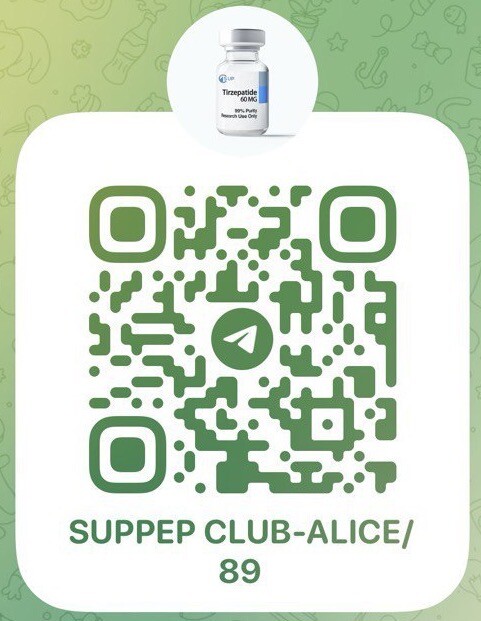SEARCH
MESSAGE
How to Buy Peptide for Research: What to Prioritize to Avoid Delays and Ensure Reliability?

For researchers in biochemistry, pharmacology, or molecular biology, the decision to buy peptide is more than a simple purchase—it’s a choice that shapes the accuracy, speed, and success of your experiments. Whether you’re testing peptide-drug interactions, studying protein function, or validating biomarkers, settling for subpar peptides can derail months of work. But with so many suppliers and options available, how do you buy peptide products that meet your research standards, fit your timeline, and align with your budget? The key lies in focusing on three non-negotiable factors: quality verification, flexible selection, and responsive support.
First, quality should be your top priority when you buy peptide. Not all peptides are created equal—impurities (even as low as 5%) can skew assay results, lead to false conclusions, or waste precious research time. Reputable suppliers provide detailed quality documentation with every order, including HPLC (High-Performance Liquid Chromatography) reports to confirm purity (aim for ≥95% for most research applications) and MS (Mass Spectrometry) data to verify the correct sequence. This transparency lets you trust that the peptide you’re buying matches the specifications you need. For example, if you’re studying peptide binding to a specific protein, a impure peptide might bind non-specifically, leading you to misinterpret interaction strengths. By prioritizing suppliers with rigorous quality control, you avoid these setbacks and keep your research on track.
Second, flexibility in selection matters when you buy peptide. Research needs vary widely—one project might call for small quantities (1mg–10mg) of a standard antimicrobial peptide for preliminary tests, while another could require larger batches (100mg+) of a modified peptide for long-term studies. The best suppliers offer a range of options, from off-the-shelf standard peptides to semi-custom variants (e.g., labeled with FITC or biotin) that let you tweak sequences without the wait of full custom synthesis. This flexibility means you can buy peptide products that fit your exact needs, rather than adjusting your experiments to fit what’s available. For instance, a team testing peptide solubility might order multiple small vials of different sequences to compare, while a lab scaling up a study could purchase a larger batch of their proven peptide—all from the same supplier.
Third, responsive support is a hidden asset when you buy peptide. Even experienced researchers run into questions: How should I store this peptide to maintain activity? Can I adjust the buffer to improve solubility? What if the peptide arrives damaged? A supplier with a dedicated technical support team can answer these questions quickly, preventing delays. For example, if you buy peptide and notice it’s less soluble than expected, a knowledgeable support team might suggest adjusting pH levels or adding a mild detergent—saving you from reordering or abandoning the peptide. Look for suppliers that offer support via email or phone, with response times of 24–48 hours—critical when you’re on a tight experiment timeline.
Finally, consider the supplier’s track record for on-time delivery when you buy peptide. Research schedules don’t wait—delayed peptides can push back project milestones, miss grant deadlines, or disrupt collaboration timelines. Reputable suppliers provide clear delivery estimates (often 3–7 days for in-stock peptides) and communicate proactively if there are delays. This reliability lets you plan your experiments with confidence, knowing your peptides will arrive when you need them.
When you buy peptide with these factors in mind, you’re not just purchasing a product—you’re investing in the success of your research. By prioritizing quality, flexibility, and support, you can avoid common pitfalls, save time, and focus on what matters most: advancing your work and unlocking new discoveries in the molecular sciences. The right peptide supplier doesn’t just sell you peptides—they become a partner in your research journey.

